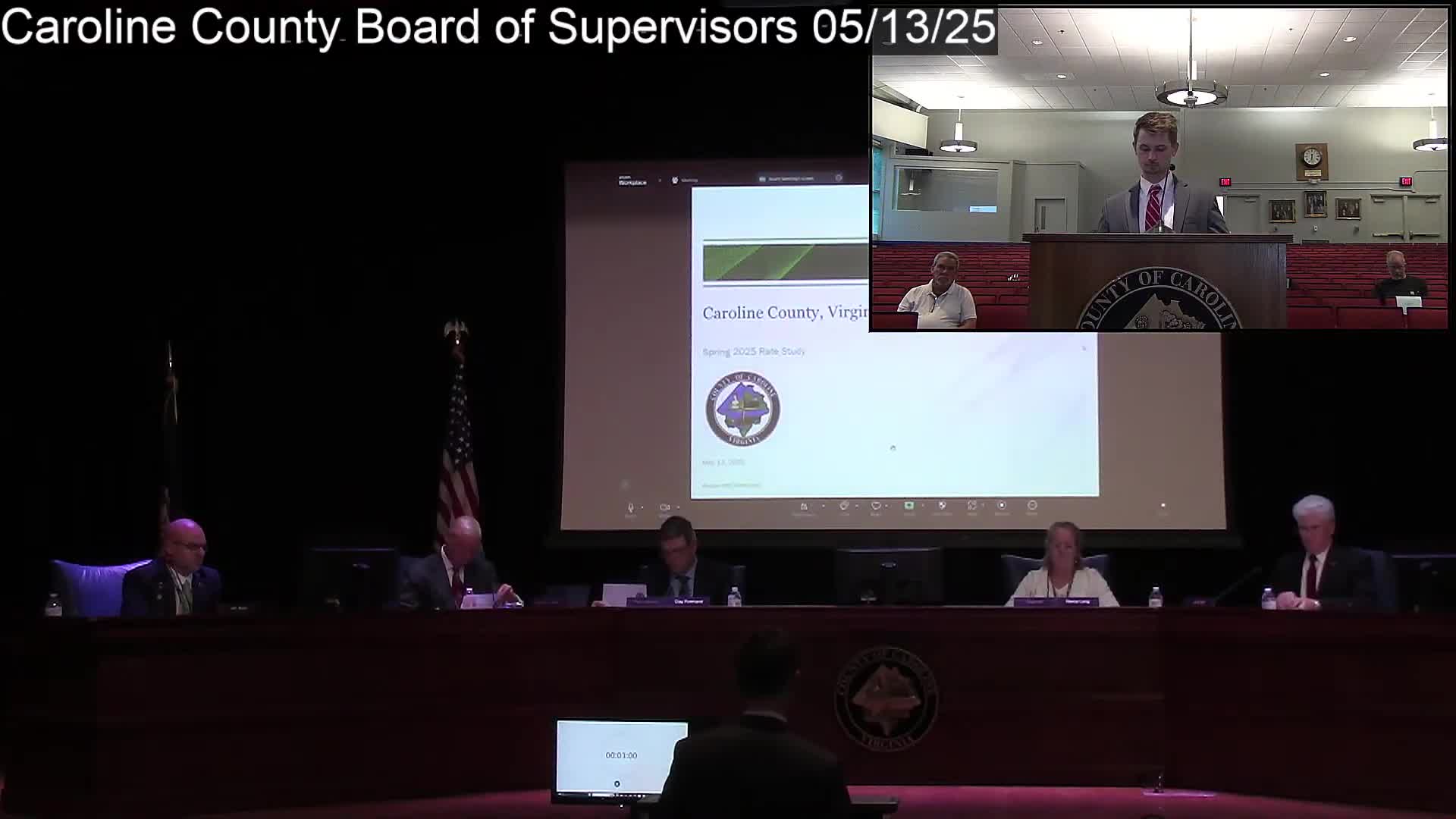Article not found
This article is no longer available. But don't worry—we've gathered other articles that discuss the same topic.
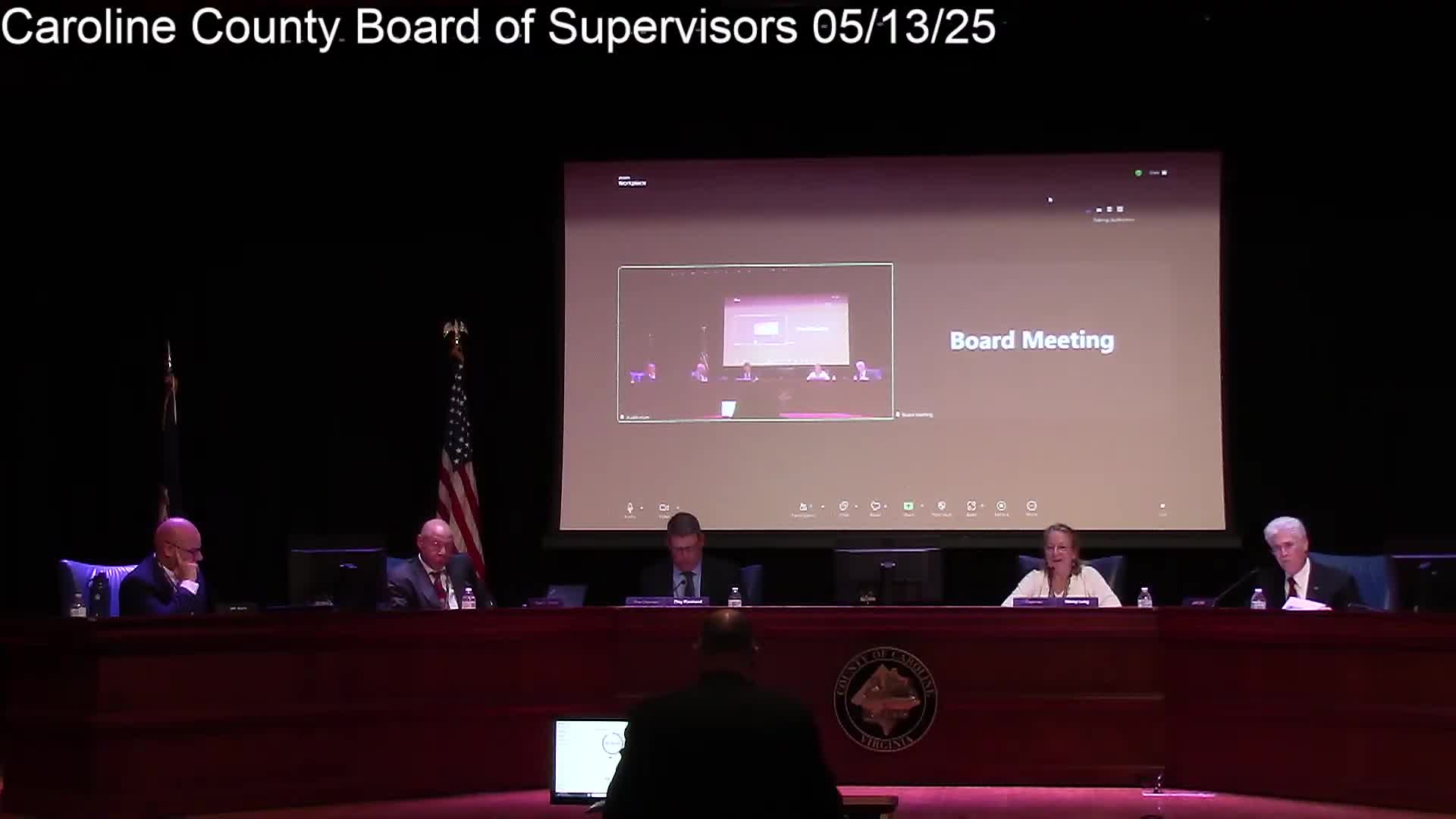
Board orders removal of neglected courthouse memorial garden, approves naming of Lomesse Park playground for Jimmy and Irene Fields
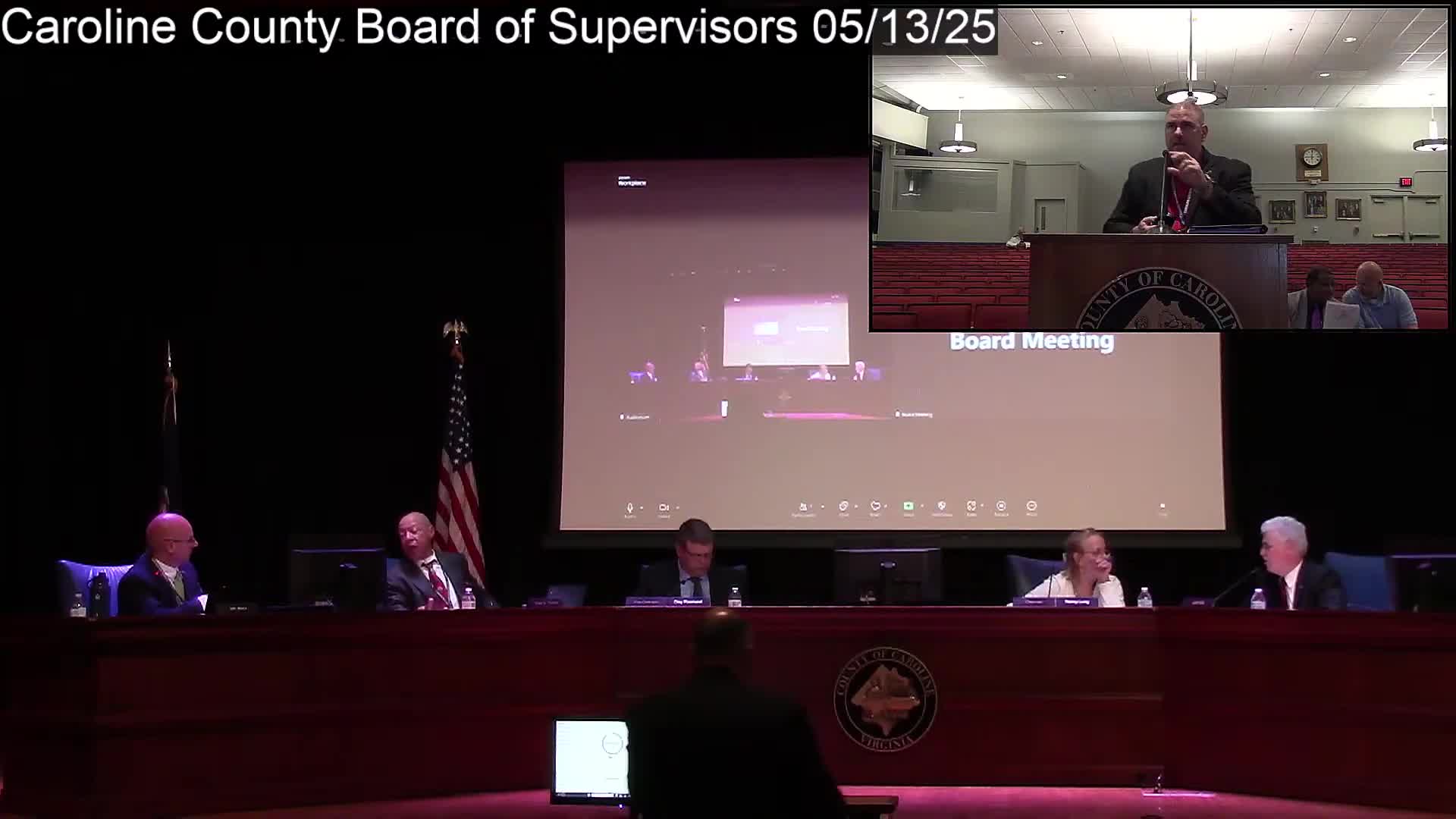
County denies Bowling Green request to dispose town septage at county facility
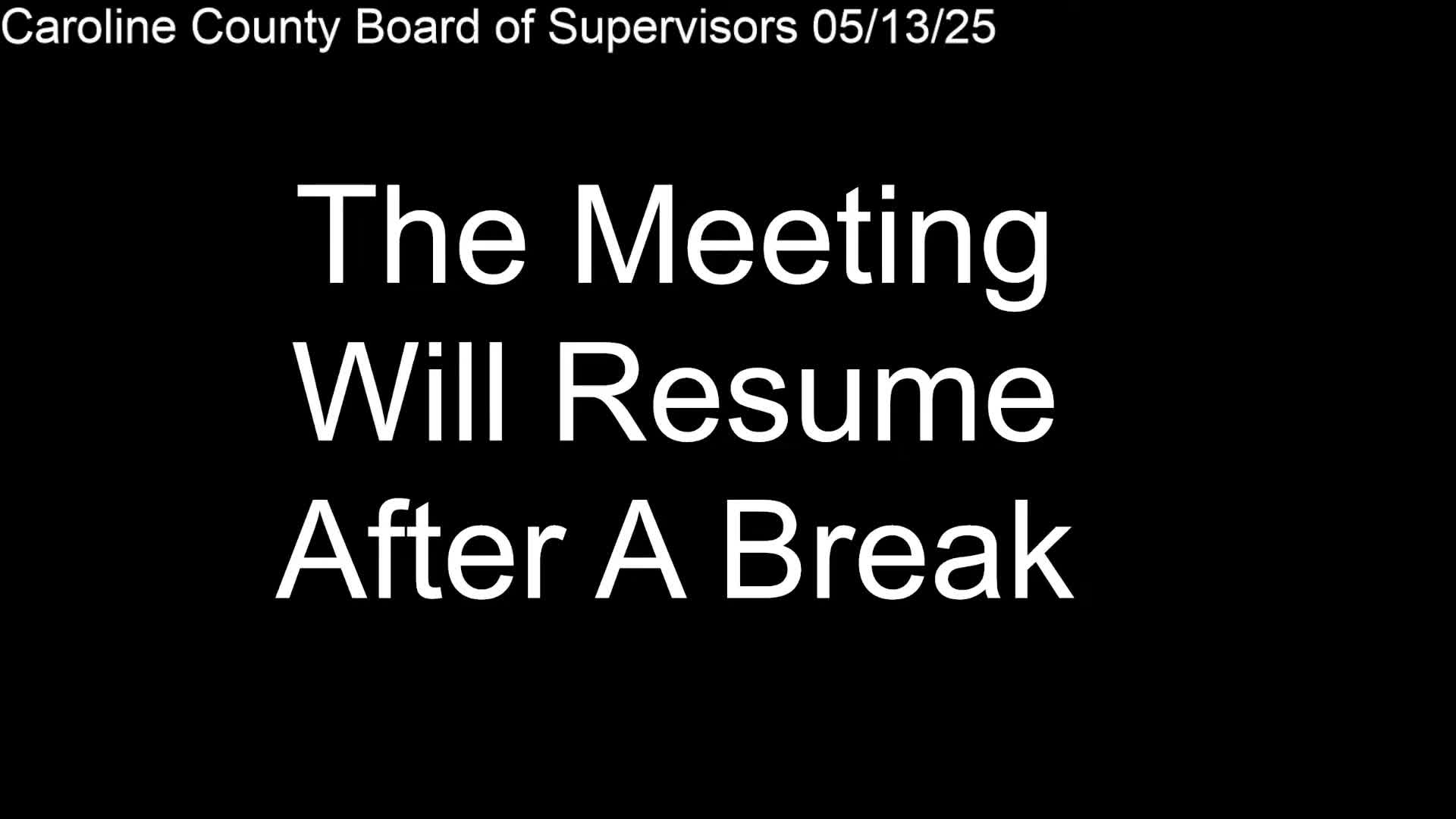
Board approves special exceptions for countertop fabrication and minor auto repair at Ladysmith industrial park
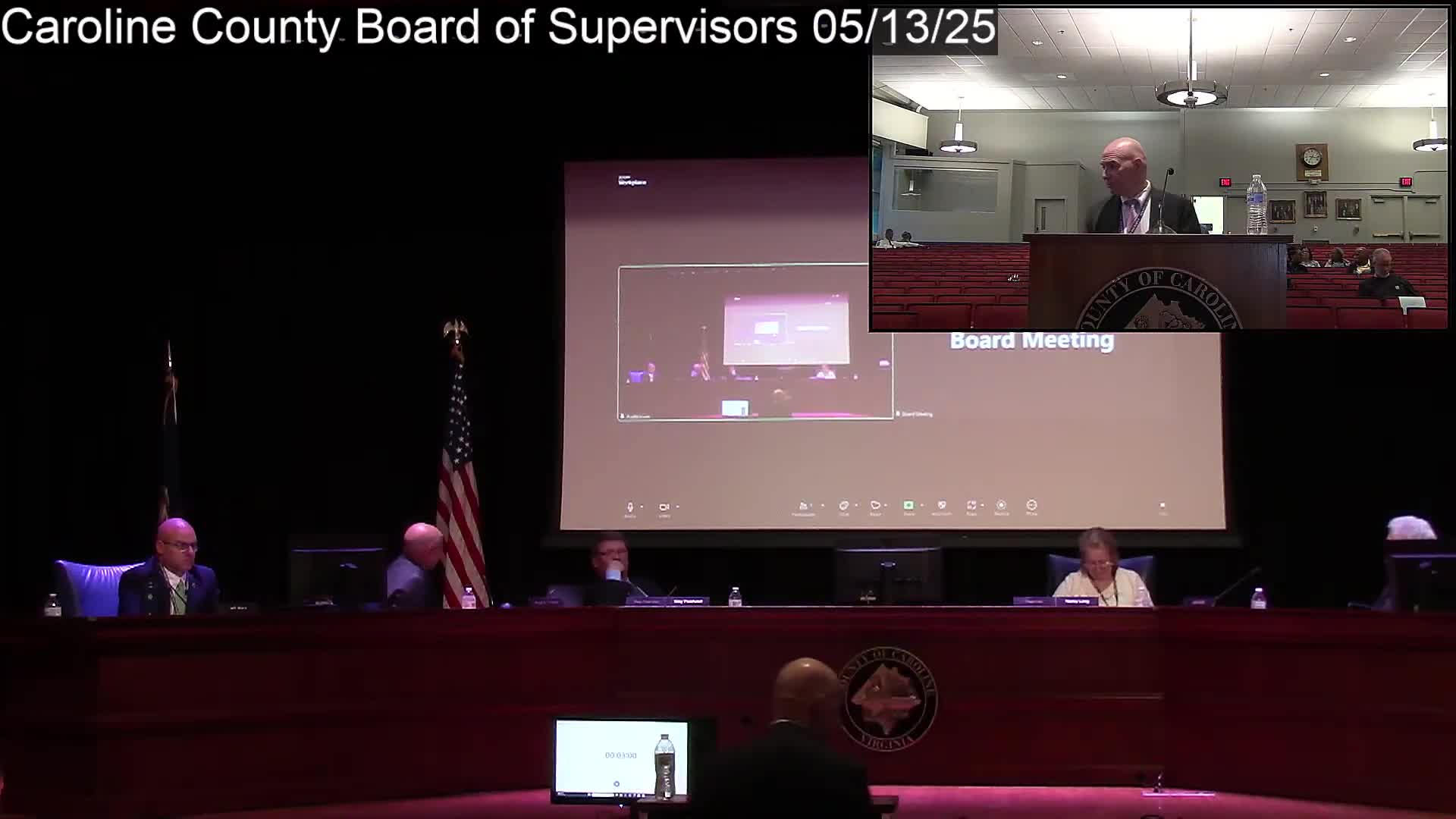
Caroline County administrator introduces fiscal 2026 budget, proposes 2¢ real estate tax increase and higher school transfer
